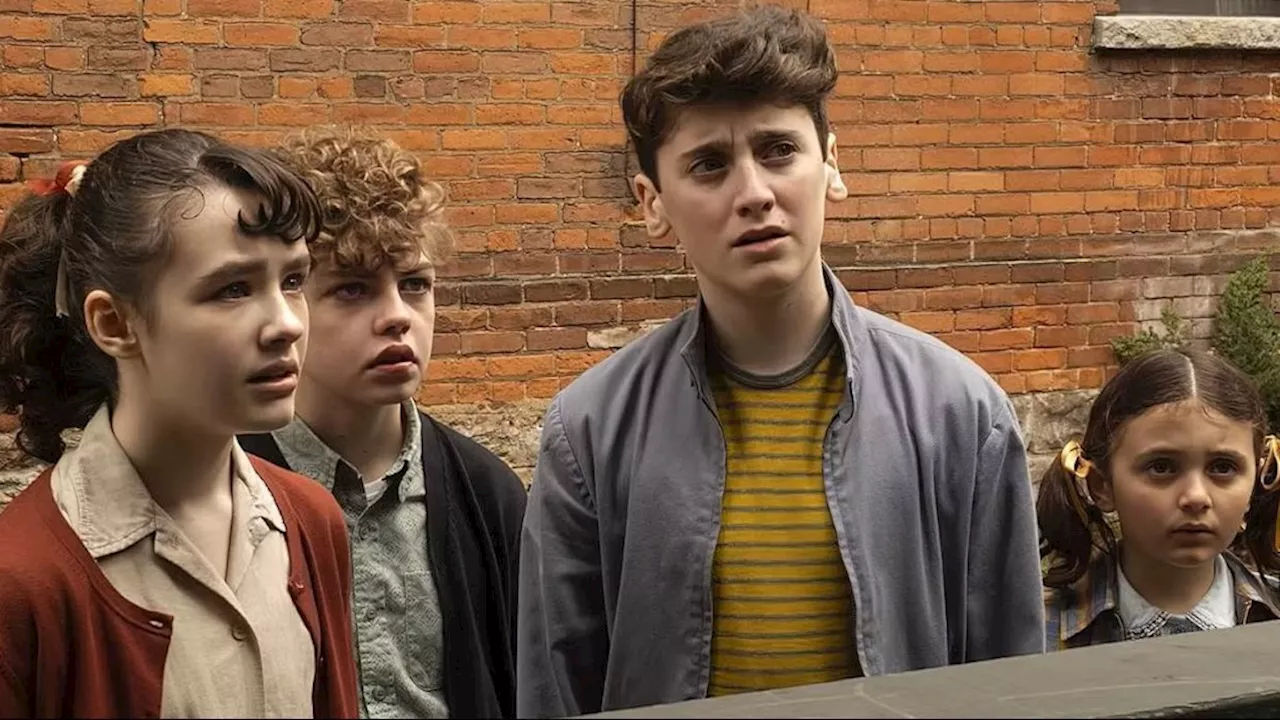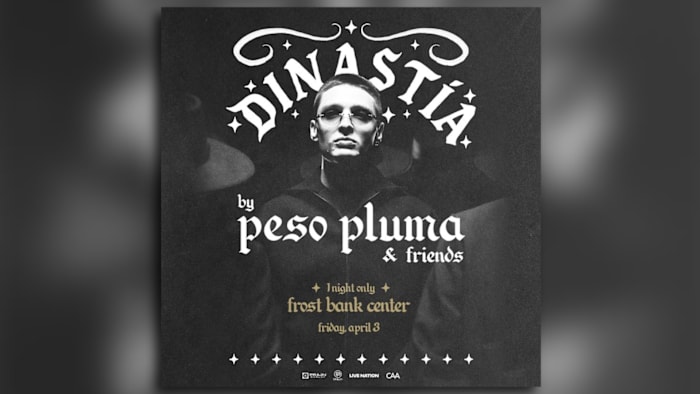The 1997 miniseries adaptation of The Shining, directed by Mick Garris and based on Stephen King‘s 1977 novel, is now available for streaming on Hulu. This adaptation, which King himself wrote and produced, offers a version of the story that contrasts sharply with Stanley Kubrick‘s famed 1980 film, a version King has openly criticized. With this release, audiences can explore King’s vision of the Overlook Hotel, characterized by themes of love, addiction, and grief, rather than the cold portrayal of madness presented in Kubrick’s film.
Revisiting a Cultural Legacy
For decades, The Shining has stood as one of the most iconic horror films, celebrated for its haunting imagery and chilling performances. Jack Nicholson‘s portrayal of Jack Torrance has been especially memorable, but for King, the film diverged significantly from his original narrative. He has expressed that Kubrick’s adaptation felt like “a big, beautiful Cadillac without an engine,” indicating that it stripped away the emotional core of his story.
In contrast, King’s miniseries reclaims that emotional depth, presenting Jack as a tragic figure fighting his demons. This adaptation allows viewers to witness his struggle against addiction and the Overlook’s sinister influence. Steven Weber plays Jack with nuance, depicting a man who genuinely wishes to do right by his family rather than as a character destined for madness.
A Different Approach to Horror
While the miniseries is not without its flaws—reflecting the production standards of late-1990s network television—it offers a warmth and intimacy absent from Kubrick’s version. Rebecca De Mornay‘s portrayal of Wendy Torrance emphasizes strength and resilience, while Courtland Mead captures the vulnerability of young Danny. This focus on character development creates a narrative where horror unfolds gradually, allowing viewers to empathize with the characters’ struggles.
The Overlook Hotel, in King’s interpretation, is not merely a setting for horror but a living entity that preys on its inhabitants. The miniseries portrays Jack’s descent into madness as a slow and painful process, rooted in love and loss, rather than an inevitable spiral into chaos. This perspective makes the emotional stakes of the story resonate more profoundly, contrasting with Kubrick’s more detached approach.
Despite its imperfections, the miniseries stands as a testament to King’s vision, offering an alternative lens through which to view a classic narrative. With its earnest ambition and emotional sincerity, it invites audiences to engage with the story on a different level. As streaming continues to evolve, the availability of King’s adaptation presents an opportunity to appreciate the nuances of his storytelling.
The release of the miniseries on Hulu not only revives interest in King’s work but also highlights the importance of authorial intent in adaptations. In an industry often dominated by studio decisions, King’s reclamation of his narrative underscores a fundamental conversation about ownership and interpretation in storytelling.
Now, with both versions of The Shining accessible to viewers, audiences can navigate the complex maze of the Overlook Hotel, experiencing the chilling horror through two distinct yet intertwined perspectives.







